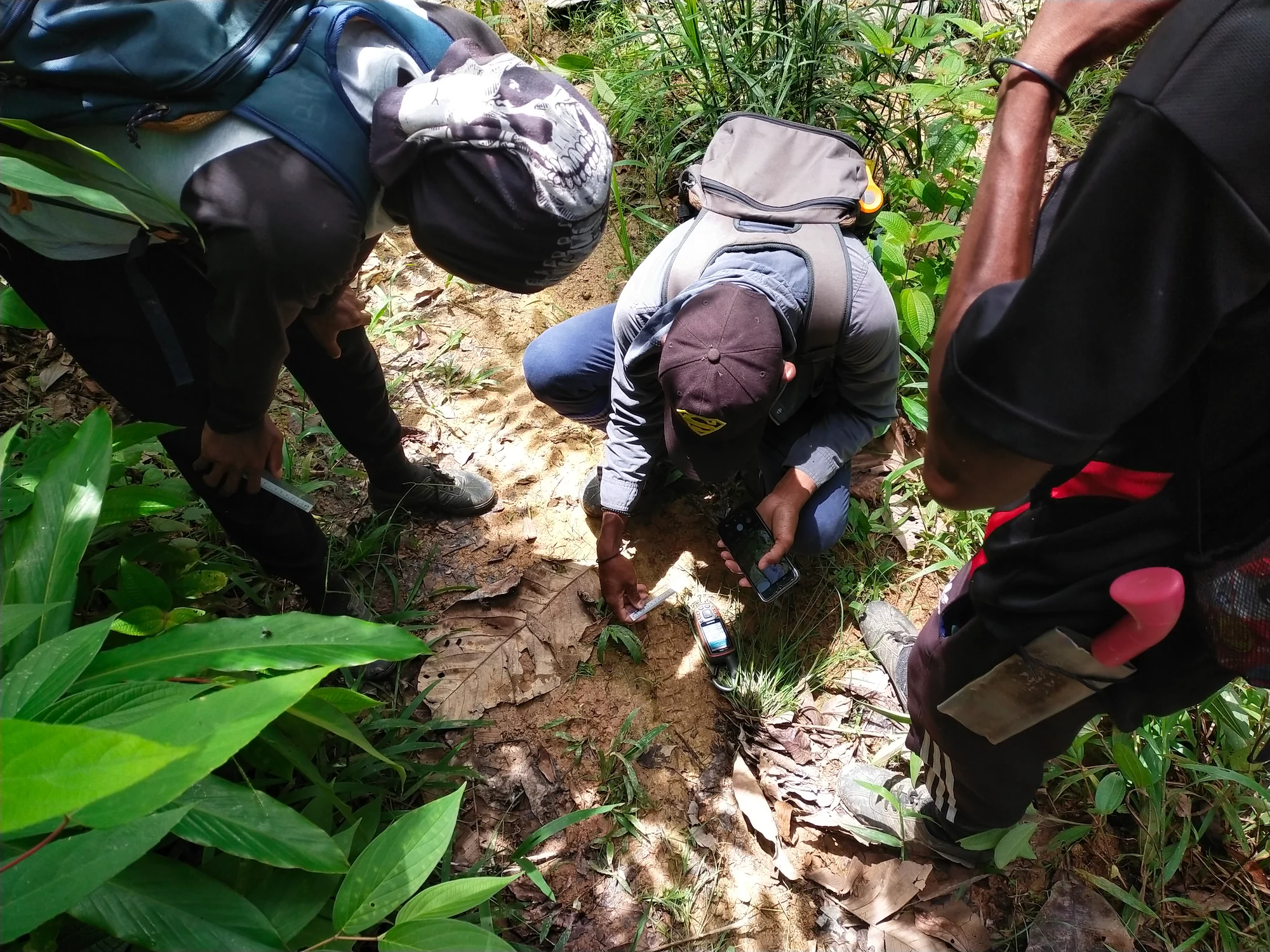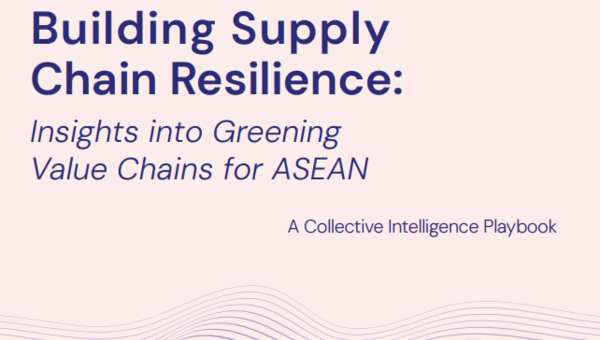
Focus areas
Nature, Climate, and Environment
Priority: Planet
Enhancing climate resilience and nature positive systems.
Under our 'Planet' pillar, UNDP supports Malaysia by ensuring environmental sustainability and resilience are mainstreamed as priorities within the national development agenda, across all sectors and levels of society. UNDP will help Malaysia meet its international commitments (i.e. Paris Agreement and Montreal Protocol, Kigali Amendment) through integration of low-carbon considerations into national and subnational policies and planning, strengthening of climate data and the nationally determined contribution, and enhancement of environmental management systems and sustainable infrastructure.
UNDP also supports the government as it integrates green and blue economy approaches, focusing on scaling up green economy initiatives through demonstration pilots and replicating successful models in the commodity, energy, tourism and waste sectors; and to ensure gender mainstreaming in these sectors. UNDP also provides support on sectoral climate change adaptation efforts by both government and the private sector, assissting in disaster risk reduction efforts, incorporate risk-proofing considerations into infrastructure development and investment planning, and climate change preparedness among vulnerable communities, including through gender-based risk assessments.
Protecting biodiversity and wildlife conservation.
In Malaysia, UNDP helps strengthen the legal frameworks for biodiversity and ecosystems. UNDP also supports Malaysia's climate and biodiversity pledges through the co-development of the National Policy on Biological Diversity 2021 – 2030, which is updated and aligned to the Post-2020 Global Biodiversity Framework with clear national biodiversity targets, implementation, monitoring and finance framework. Working closely with the Sarawak State Government, UNDP is also co-developing the Sarawak Biodiversity Master Plan, which mainstreams biodiversity into sub-national development planning.
UNDP also provides support for the scaling up of conservation programmes and sustainable management of natural resources and biodiversity, ensuring attention to the interests and needs of local and marginalized communities and risks from emerging zoonotic diseases. The Improving Connectivity in the Central Forest Spine Landscape (IC-CFS) is one such key project that works to restore contiguous forest landscapes in Central Forest Spine and enhance its protection through gazettement of ecological corridors. An integral part of the project is targeted support to wildlife enforcement systems. Specifically, the project is improving the wildlife crime intelligence system through the integration of wildlife enforcement operations to protect tigers and reduce wildlife crime in Malaysia.

IC-CFS rangers taking measurements on patrol. The Central Forest Spine (CFS) of Peninsular Malaysia is widely recognized for its extraordinarily rich biodiversity and ecosystems, including some of the last remaining wild populations of the endangered Malayan tiger.
One way to protect biodiversity and ecosystems is to find symbiotic solutions that work for people and for the planet. In Malaysia, UNDP facilitates projects that safeguards traditional knowledge and leverages the power of innovation to produce equitable benefits to users, providers, communities and planet. This includes the transformation of genetic resources into medicines, health care and other products that are beneficial for human well-being.
These opportunities strengthen the economic case for the conservation and sustainable use of biodiversity. This work also helps to motivate more effective protection for Malaysia’s globally significant tropical forests, wetlands, and coral reefs – all of which contain vital genetic materials and attendant traditional knowledge.
UNDP Malaysia is also committed to engage actively with the women organizations in the policy and decision-making process to increase the number of women participating, informing and benefitting from our programme and projects related to biodiversity and natural resources. With continued collaboration with stakeholders and partners, including the Government of Malaysia (through the Ministry of Energy and Natural Resources), the Forest Research Institute Malaysia (FRIM), Sabah Biodiversity Centre, and Sarawak Biodiversity Centre, UNDP will continue its policy and programmatic interventions to support Malaysia’s climate and biodiversity pledges.

Community members from Long Telingan, in the Malaysian state of Sarawak on the island of Borneo. Here, indigenous communities harvest a local plant, Litsea cubeba for its essential oil to make a locally produced soap and hand wash.
Explore more.

 Locations
Locations




